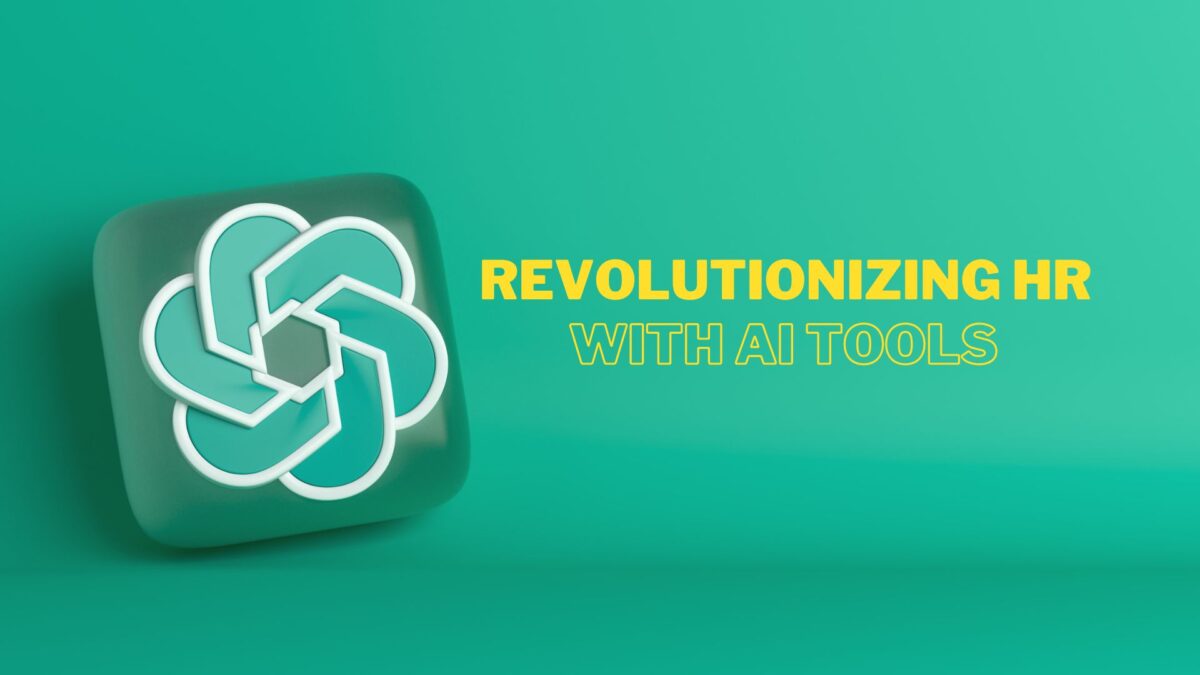In today’s growing business world, the integration of artificial intelligence (AI) has sparked a revolution in many industries, and HR is no exception. The role of an HR professional has expanded beyond traditional administrative tasks to encompass strategic decision-making and employee engagement. Thanks to artificial intelligence tools, HR professionals now have a powerful ally that streamlines daily activities, improves decision-making processes and cultivates a more engaging work environment.
- Recruitment
AI-powered recruiting tools have dramatically transformed the way HR departments approach talent acquisition. These tools use natural language processing (NLP) and machine learning algorithms to analyze resumes, identify relevant skills, and assess cultural fit. With AI-powered chatbots, HR professionals can interact with candidates in real time, answer questions, and provide a seamless application experience automating recruiting processes.
- Training
Ensuring a smooth onboarding experience is crucial for retaining top talent. AI-driven platforms facilitate personalized onboarding processes, offering new employees tailored training modules based on their skills and job roles. Furthermore, AI can track employees’ progress and recommend additional training opportunities, enabling a continuous learning culture within the organization.
- Predictive Analytics
AI tools equipped with predictive analytics can analyze vast amounts of employee data to identify patterns and trends related to turnover. By examining factors such as employee engagement, performance, and job satisfaction, HR professionals can proactively address retention concerns, implement targeted interventions, and create strategies to boost employee satisfaction and loyalty.
- Performance Management
Traditional annual performance reviews are gradually being replaced by AI-enhanced continuous performance management systems. These tools monitor employee achievements, provide real-time feedback, and suggest performance improvement strategies. AI can help identify high-performing employees, track their progress, and recommend suitable career development opportunities.
- Employee Engagement and Well-being
AI-powered sentiment analysis tools assess employee feedback and gauge overall workplace sentiment. By analyzing language patterns, tone, and context, HR teams can identify potential issues and implement strategies to enhance well-being and employee engagement. Chatbots can also be employed to offer employees a platform for confidential communication and emotional support.
- Diversity and Inclusion
AI can play a crucial role in promoting diversity and inclusion (D&I) within organizations. These tools can help remove bias from job descriptions, identify pay disparities, and ensure fair recruitment and promotion processes. AI-powered surveys and feedback mechanisms allow employees to voice their opinions anonymously, facilitating open conversations about D&I matters.
Conclusion
The integration of AI tools into HR daily activities has transformed the role of HR professionals from administrators to strategic partners in organizational success. By automating routine tasks, enhancing decision-making processes, and fostering a culture of employee engagement and well-being, AI is reshaping the HR landscape. Embracing these AI-powered tools empowers HR departments to focus on strategic initiatives, enabling them to contribute more effectively to the growth and prosperity of their organizations. As AI technology continues to advance, the potential for even greater innovation and transformation within the HR field is limitless.


